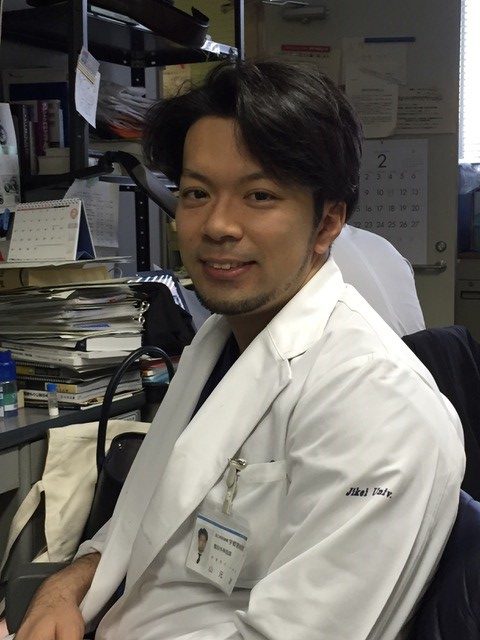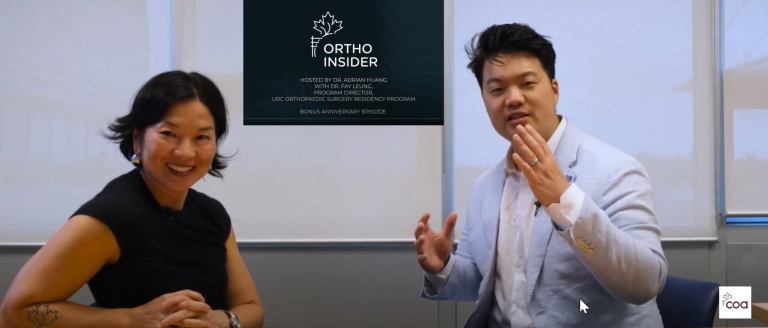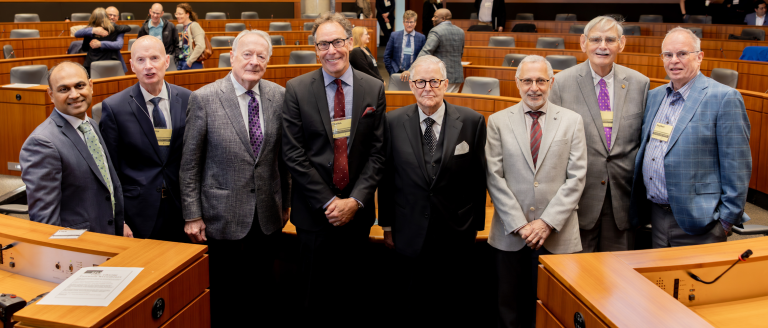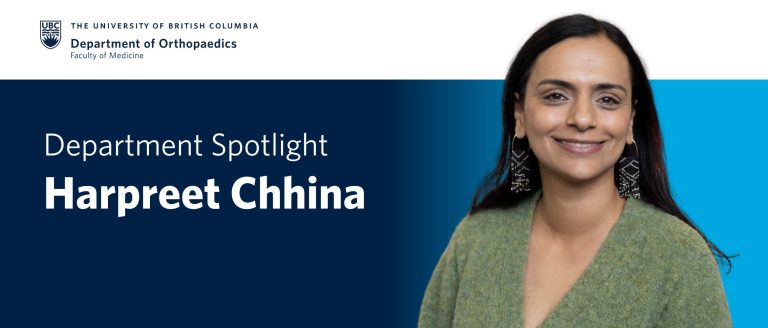
SHUN YAMAMOTO
VISITING INTERNATIONAL STUDENT & PhD CANDIDATE
Orthopaedic & Injury Biomechanics Group
Vancouver
Can you share a little bit about your educational background and how you got to where you are today?
My father is an Orthopaedic surgeon, so it was very natural for me to be interested in pursuing this career path. I graduated from Jikei University School of Medicine in 2009 and completed my internship in one of the branch hospitals in Tokyo. After that, I decided to become a spine surgeon and entered graduate school at UBC to conduct spine research. I learned of Dr. Thomas Oxland from my father, who worked with Dr. Oxland over 30 years ago in Dr. Panjabi’s lab at Yale University. Tom kindly allowed me to conduct my research in his lab.
What is the focus of your PhD research?
My research is about the biomechanical properties of paraspinal muscle. More specifically, I wanted to investigate changes in biomechanical properties of paraspinal muscles following a posterior spinal surgery in an animal model. I used a rat surgical injury model and obtained new findings: the surgical injury increased the passive stiffness of the multifidus fiber bundles. These changes may be important in the post-operative compensation of the spine. My research is unique as there are few papers focusing on postoperative fibrosis of paraspinal muscle. My study was accepted to Spine (Phila Pa 1976) – the leading subspecialty journal for the treatment of spinal disorders.
What excites you most about your research?
Biomechanical study of paraspinal muscle is a relatively new area of spine research. I think post-operative fibrosis is important for certain complications such as adjacent segment disease and proximal junctional kyphosis. To conduct research that is closely connected to a clinical problem is important and I would like to continue my work with that mind. I also think the most enjoyable part of research is collecting data, analyzing the results, and discovering new knowledge. I feel it is quite similar to harvesting good grapes to make good wine.
What is one piece of advice that you would give to current trainees?
Everything you experience is useful to you. Even the things you find uninteresting or useless can help you later on. Cherish all your experiences.
Outside of the research lab, what are your interests and hobbies?
I earned my blackbelt in Karate back when I was in medical school. More recently, I’ve taken up surfing and snowboarding.


